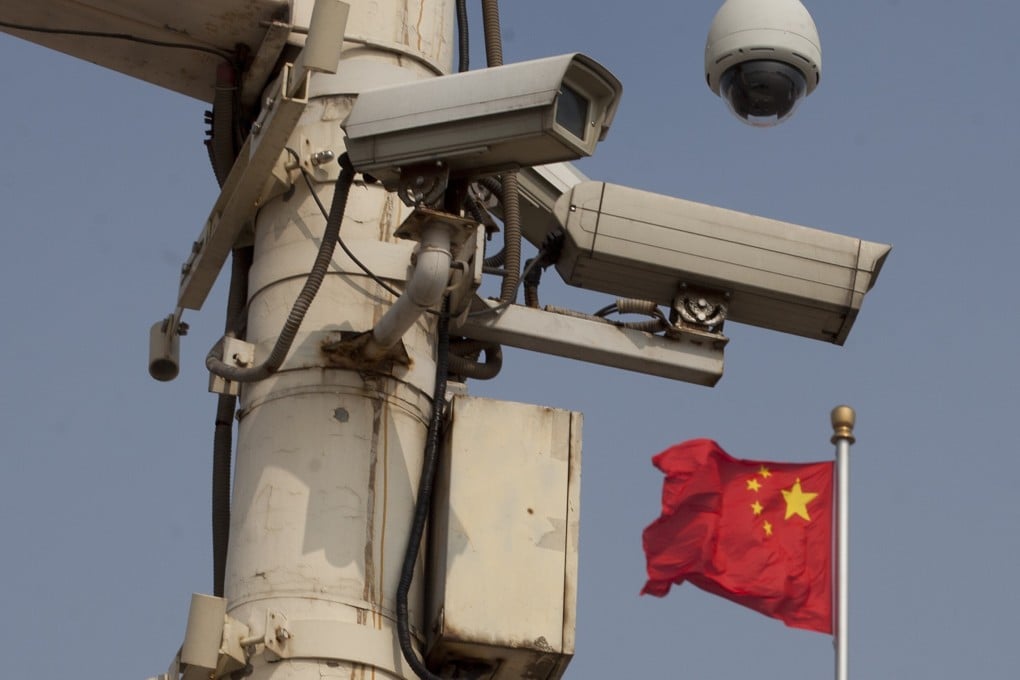China’s tech hub Shenzhen looks to restrict surveillance cameras in public spaces
- Surveillance cameras in areas such as hotel rooms, hospital wards, dormitories, public bathrooms, and fitting rooms will be banned when the law passes
- Draft law aims to better regulate public surveillance while also protecting the privacy and property rights of citizens

China’s southern tech hub Shenzhen is discussing a law to regulate the scope of surveillance camera installations in public areas and the management of captured footage, making it the first region to address the issue in a country where facial recognition-enabled cameras are widely used.
Surveillance cameras in areas such as hotel rooms, hospital wards, dormitories, public bathrooms, and fitting rooms will be banned when the law passes, according to the latest draft of the law released for public opinions by the Shenzhen Municipal People’s Congress on Monday.
The law, first outlined in draft form in March, gives a detailed list of locations and classifies them accordingly. For example, airports, subway stations, banks, museums, and malls are considered “important public spaces and facilities that involve public safety”, and are required to install surveillance systems.
On the other hand, places like hospital wards, fitting rooms, and public nursing rooms are considered “facilities and areas that could breach the privacy of citizens”, and are banned from installing surveillance cameras.
Areas not in either of these categories must only install surveillance systems to meet security needs, according to the draft law.
“There are some problems that stand out in the current planning, construction, and management of the city. For example, the scope of surveillance system installations and the parties responsible are not clear,” a statement by the Shenzhen People’s Congress said. “Some facilities should have installed systems but haven’t and vice versa leading to problems of redundant installation.”